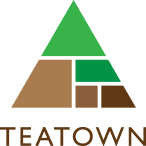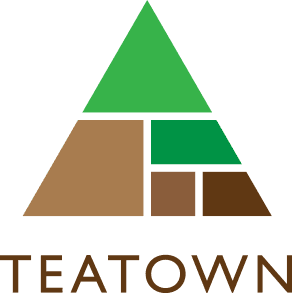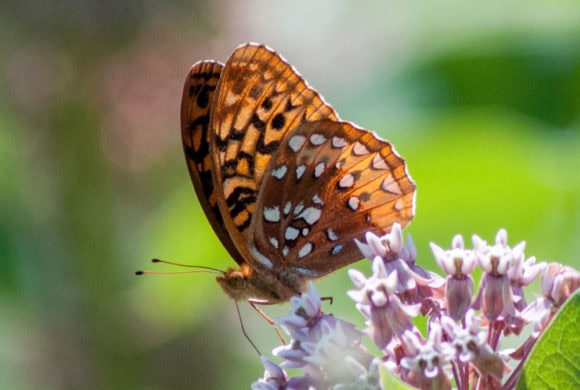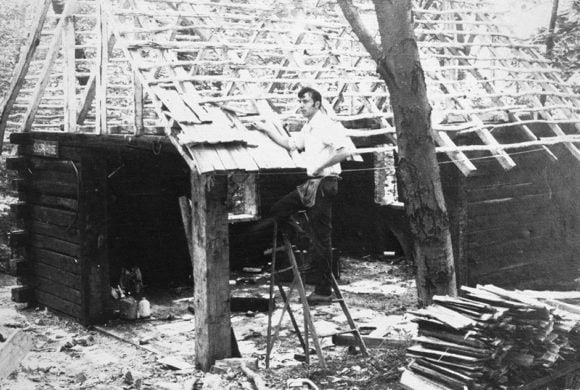In a fragmented landscape defined by parking lots and manicured lawns, pollinators like hummingbirds, bees, and butterflies can have a difficult time finding food and shelter. By turning even the smallest of available green spaces like flower boxes and curb strips into native plant gardens, communities are creating ‘stepping stones’ for these species between larger habitat patches.
Blog
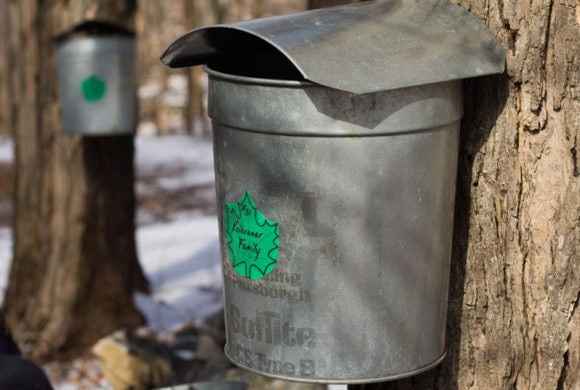
Climate change is creating a sticky situation for maple syrup producers
Changes in temperature and precipitation could spell disaster for the maple syrup industry. According to a study published last month, climate change has led to warmer and drier growing seasons that stunt the growth of sugar maples, meaning less sap production. So what does this mean for the average maple syrup consumer?
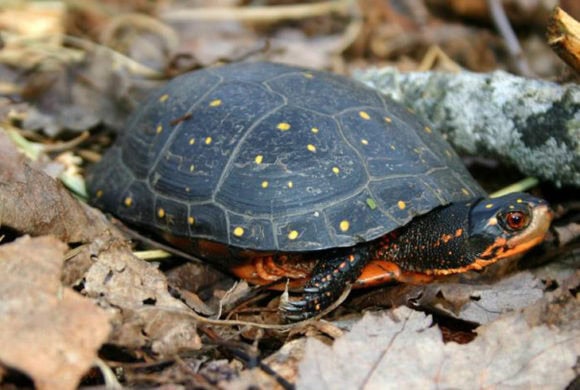
Preventing Extinction in New York: An Exercise in Problem Solving
Hundreds of years of human development, hunting, pollution, and spreading invasive species have irreparably harmed many of the resources wildlife depends on to survive. Meet some of the species that policymakers and scientists are fighting to save right here in New York.
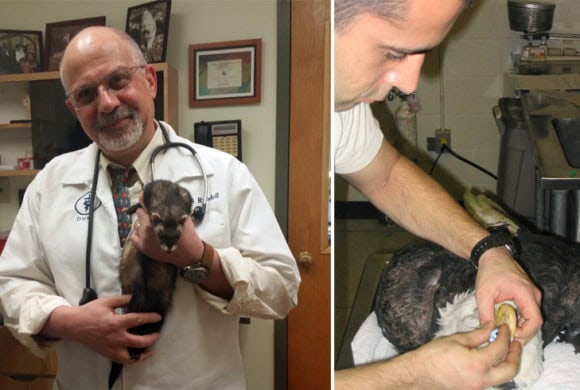
A thank you to the veterinarians who care for Teatown’s animal ambassadors
Teatown’s animal ambassadors range from raptors to invertebrates and everything in between! All are in need of specialized care that isn’t always straight-forward. These veterinarians go above and beyond to make sure that our animals receive the best medical care when something goes wrong.
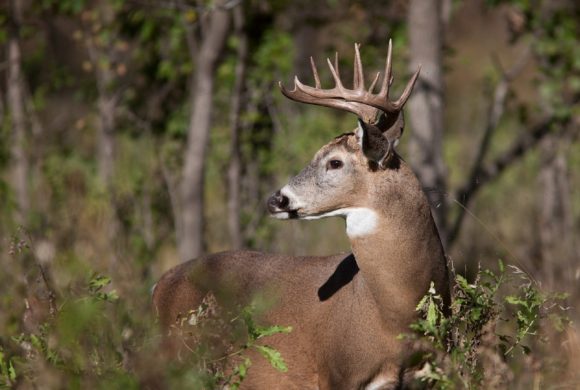
Thank you for not feeding the animals
Viewing wildlife is a wonderful experience, and can be completely safe when done from a distance.

Manufacturing a Sustainable Future
The term ‘sustainable’ has become so overused that its utterance inspires more eye rolls than action. Most companies now claim they are ‘committed to sustainability’, but measuring the upstream and downstream impacts of their promises can be exceedingly difficult to track and verify across global systems. What does it actually mean to be sustainable?
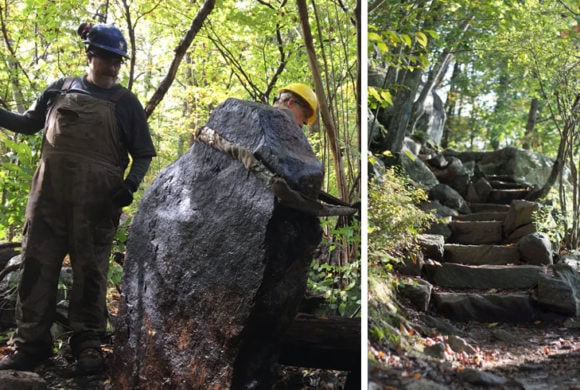
The Jolly Rovers aren’t your typical weekend warriors
Imagine your ideal weekend day. Does it involve traveling as far as an hour and a half from where you live, hiking up to a mile while carrying as much as 60 pounds, and working an 8-hour day of hard physical labor with minimal or no facilities, in the company of mosquitoes, flies and ticks? Oh — and did we mention you’re not getting paid? Just a day in the life of a Jolly Rover!
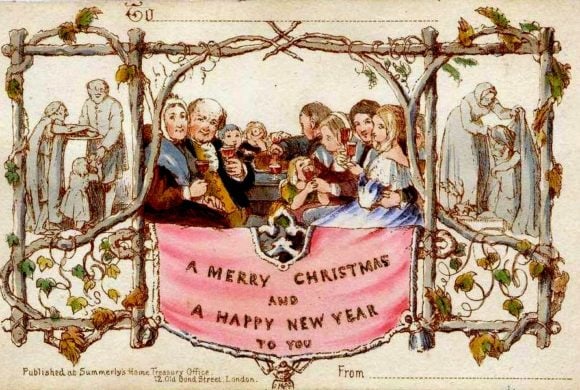
Before sending holiday cards this year, read this
The more than 2.5 billion holiday cards sold in the U.S. each year use enough paper to fill a football field ten stories high! That’s a lot of cards, and that’s a lot of waste.
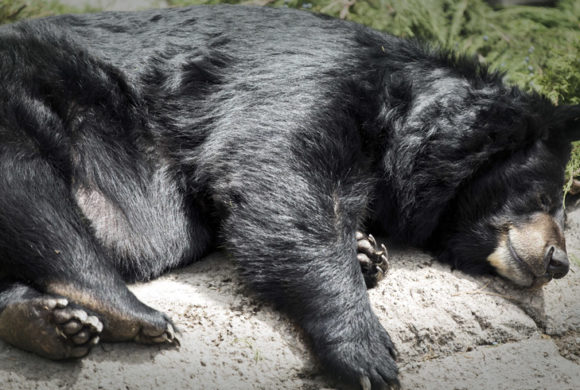
Why do animals hibernate?
While dreaming the cold months away might sound like just the vacation you need, the involuntary biological process called hibernation is critical to the survival of many animals that live in and around Teatown.
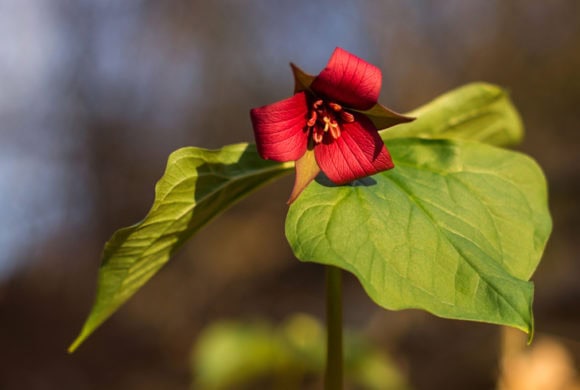
Monitoring the progress of our habitat restoration site: Wildflower Woods
Wildflower woods is an active restoration project and demonstration area that began in 2010 as a tool for teaching about healthy forests. This area of the preserve is unique because it is totally fenced off—allowing native plants to grow without being eaten by deer.
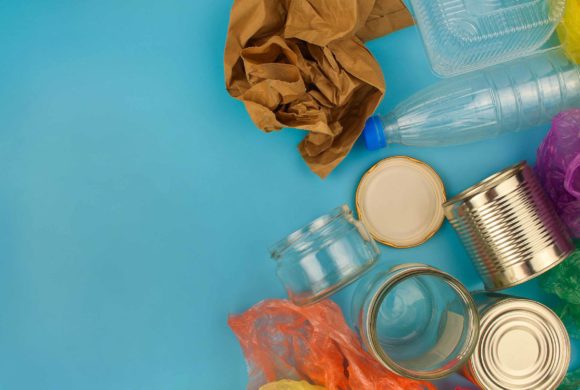
3 ways to confront your waste
When it comes to waste, out of sight is out of mind. So how do we confront our wasteful habits?
